Deepening Relations
As a democratic nation that upholds the current international order, Japan has sought to strengthen its alliance with the United States as well as deepening ties with the NATO alliance.
This effort has been accelerated by the recent Chinese expansion in the Indo-Pacific and Russia’s invasion of Ukraine. Japan has already attended the NATO summit, alongside South Korea, Australia, and New Zealand, which is expected to become a regular sight from now on.
Japanese Self-Defense Forces have conducted joint exercises with NATO forces as well as participating in NATO exercises on an observer status.
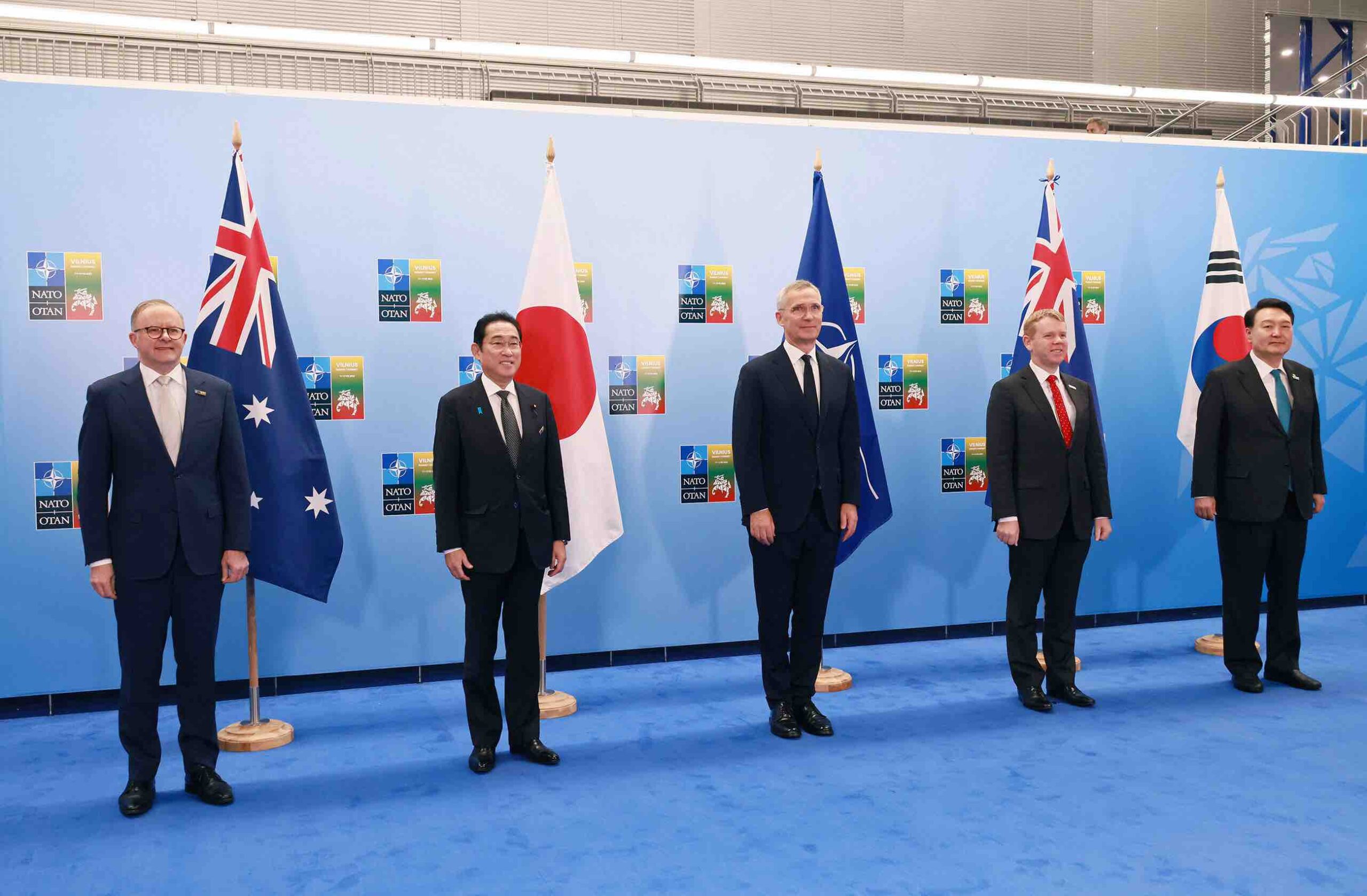 Prime Minister Kishida at NATO summit (photo: PM Office of Japan)
Prime Minister Kishida at NATO summit (photo: PM Office of Japan)
If take a look from NATO’s lenses, Japan is a nation that shares fundamental values and possesses a formidable military, easily qualifying as a strong candidate for cooperation in the Indo-Pacific.
Consequently, Japan has become NATO’s main global partner on the other side of the globe and the best has yet to come.
In brief, Tokyo and Brussels have become closer than ever and is bound for further cooperation, posing the following question – Will Japan eventually join the NATO alliance?
Considering the fact that the Japan-US alliance is regarded as the cornerstone of stability in the far east, it would only seem natural for Japan to connect the Pacific and Atlantic Alliances.
But, despite the push for more coordination, Japan is by no means able to officially join and commit to the NATO alliance, at least in its current configuration.
Geographically Unfit?
First of all, Japan is neither an European country nor part of the Atlantic region.
Article 10 of the NATO Treaty stipulates potential candidates to be an European State in a position to further the principles of the Treaty and to contribute to the security of the North Atlantic area.
Needless to say, Japan does not match the geographic description, making it one of the reasons why French President Macron objected to opening a NATO liaison office in Tokyo.
Even though possible exceptions like Turkey exist, it is both illogical and impossible to regard Japan as an European state, no matter what point of view.
Not Militarily Qualified
But, the geographic prerequisite is hardly the largest obstacle.
It is the latter half of the aforementioned Article 10, security contribution to the North Atlantic area, that makes Tokyo unqualified for official membership.
At the moment, Japan cannot fully exercise its right of collective self-defense, something indefinitely necessary for joining any alliance, due to legal restrictions stemming from the pacifist constitution.
Mostly owing to the late Prime Minister Shinzo Abe, Japan can now use collective self-defense towards the United States and quasi-allies like Australia, but only if the situation is deemed necessary for Japanese security.
Even this mild approach was made possible after laborious interpretations, intense parliamentary debates and public opposition. Any further attempts to pave the way for full-scale collective self-defense would undoubtedly face fierce resistance and exhaust the administration’s political resources.
If Japan cannot fulfill military obligations, even requiring excuses to protect its only official ally, what good can it do in a multi-lateral alliance where every member is expected to defend each other as their own?
This is exactly why Japan is unqualified for joining NATO, and the prospect of membership is close to none unless the self-imposed restrictions are removed.
The Future of Japan-NATO
Then, where does Japan-NATO relations go from here?
While Japan can only become a security partner without concrete military obligations, both parties will continue pushing forward.
We can expect more joint exercises in both theaters and Japan’s attendance in NATO summits and exercises are guaranteed to be “the new normal.”
Though the idea of opening a formal office in Tokyo has stalled, Japan already have liaison officers in Brussels with NATO doing the same vice versa.
The Japanese Self-Defense Forces are issued with NATO standard ammunition, making interoperability possible, and cooperation on non-military matters (humanitarian missions etc.) has long been in progress.
Japan will likely remain incapable of meeting the criteria for NATO membership, but it is certainly bound to become NATO’s most important global partner in the Indo-Pacific.





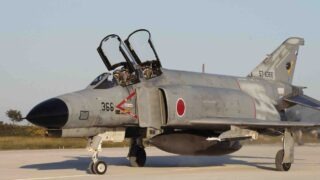
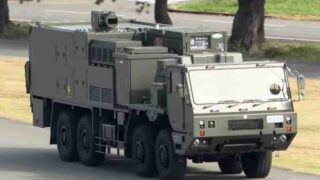
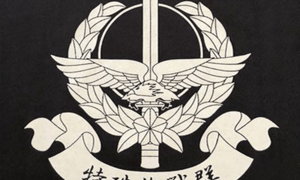




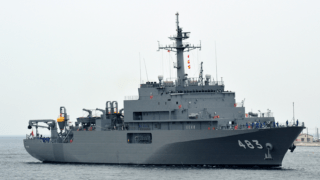
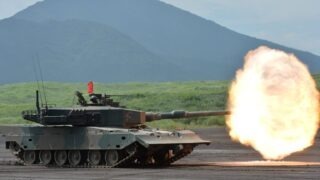
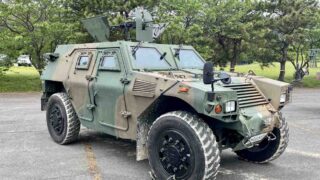
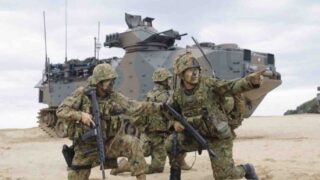



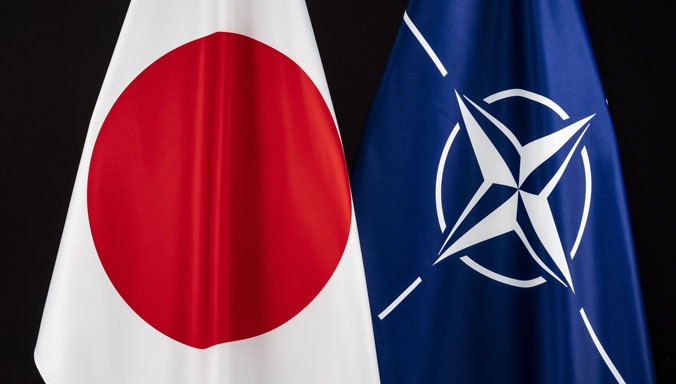
Comments